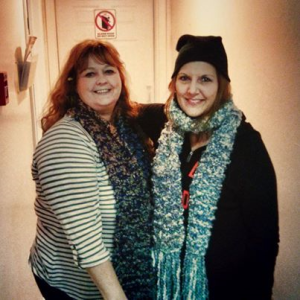The link between animal cruelty and domestic violence has been known for a long time, but recent studies into just how closely the two are linked has shed even more light on the importance of accommodating pets who provide unconditional love to victims of domestic violence.
Not only are animals a powerful method of controlling a victim, in threatening harm to the pet to coerce the victim, but they also act as a coping mechanism, a therapy tool and an anchor to a new life. Much like children, pets are often the reason a victim will either stay or leave.
It was early in the morning that staff at The Nest received a phone call about a crisis: a woman had left her abuser and was trying to get transportation to an airport to fly out of state. Though she had made travel arrangements for herself and her child, her situation meant leaving her dog stranded. Staff welcomed the woman and her dog to The Nest, but the work had only begun.
“She had maybe $30 to her name,” Corina Montoya, one of the advocates fielding the situation, said. “She had given her last bit of money to her friend in need. She didn’t have a pet carrier and we didn’t know how we were going to help her pay the airfare for her dog.”
Montoya helped the woman devise a plan while another advocate, Britta Magnusson, and office manager, Sue Francis, began making phone calls to see who could help. Eventually, a hero answered the call. Susan Hoffer, a volunteer with the Humane Society, compassionately and quickly offered a pet carrier for the family.
“I think what surprised me the most was how quickly they responded,” Francis said. “This family was only in the shelter for about an hour. The Humane Society just rushed into action to help her. That meant a lot to me.”
Though short-lived, this story offers a look not only to the logistical nightmare victims face when leaving their abuser, but also how supportive the community of Lincoln County can be when people and organizations work together.
“This situation is about compassion, going above and beyond the call of duty, and more than anything, teamwork,” said Terry Thompson, Shelter Manager of The Nest. “I am so proud of my team and of my community for what they did to help this woman. I am so grateful for the wonderful Humane Society and Susan Hoffer. They have shown exactly what this community is willing to do to stand up for these women and children.”
Staff at Help End Abuse for Life and The Nest would like to extend gratitude to the advocates and Humane Society staff members that transformed this dire situation into a story of kindness and teamwork. When our community goes above and beyond for victims, we take important steps to ending violence for everybody.
Pictured are Sue Francis and Britta Magnusson from HEAL & The Nest.



